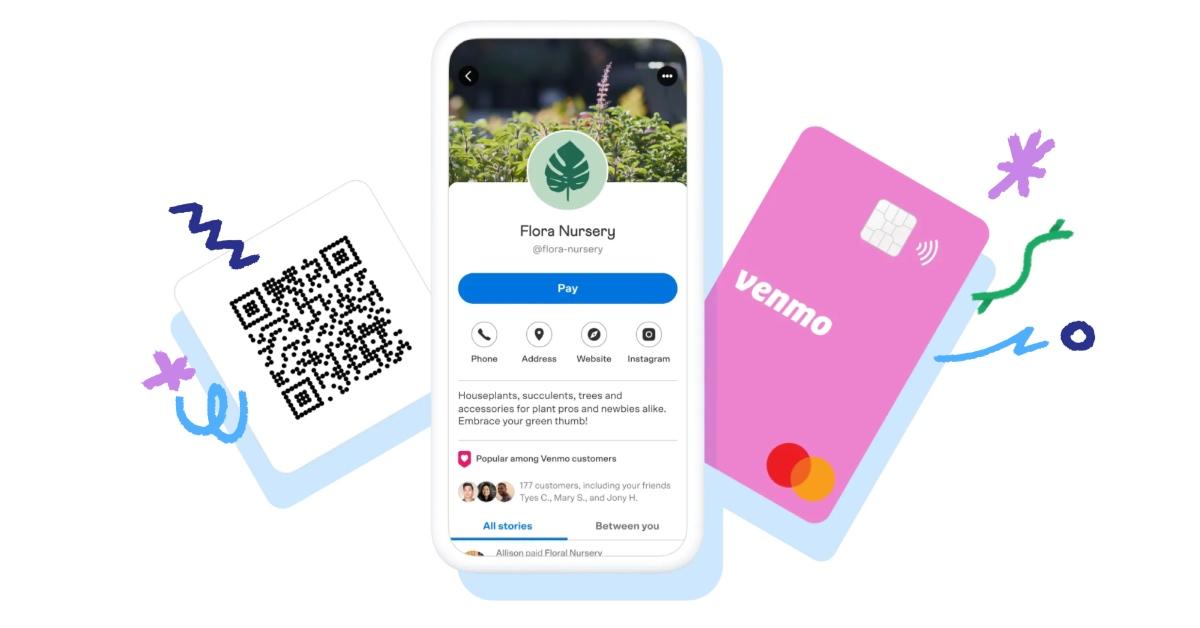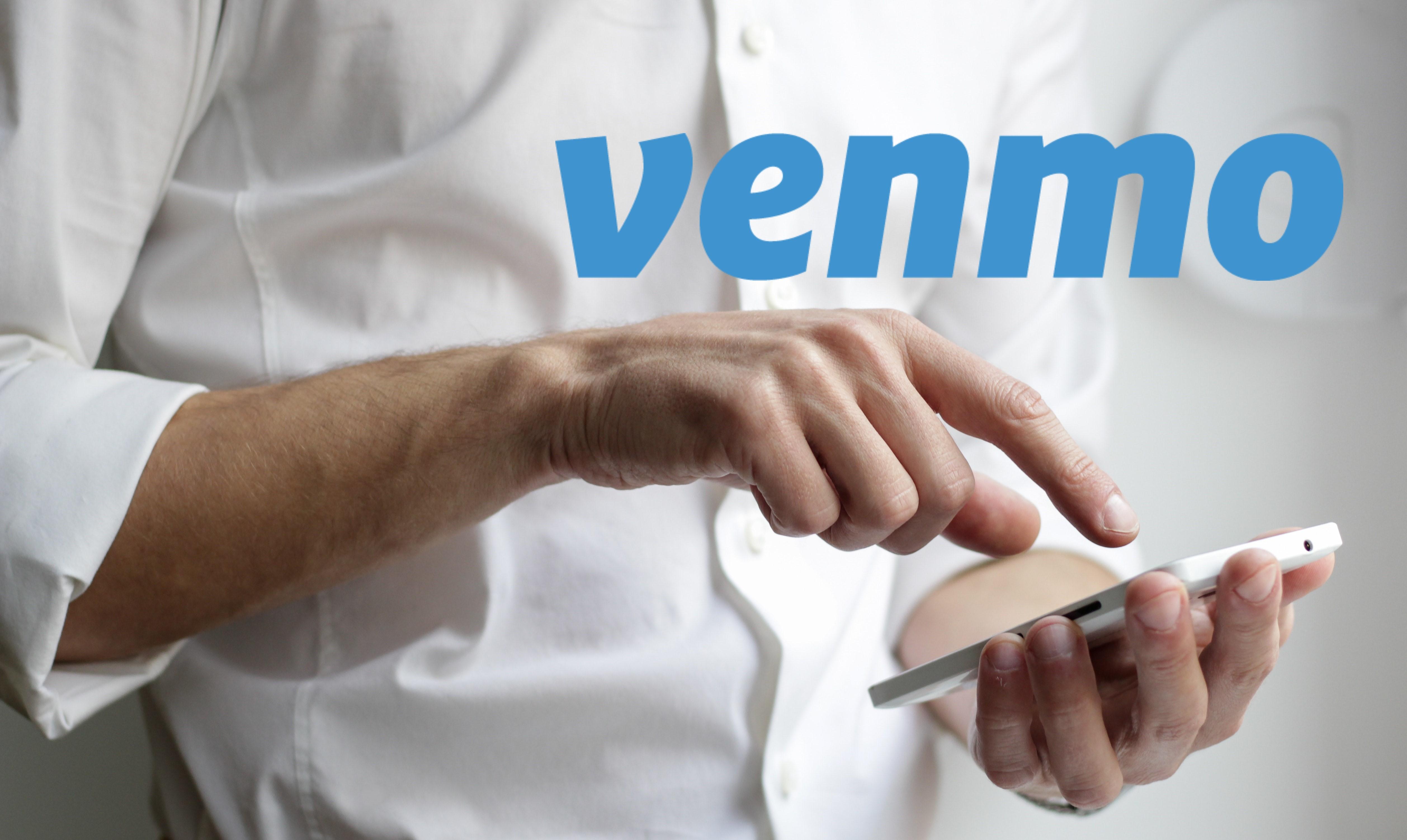Here's the Legit Reason Why Venmo Is Asking for Your SSN
It's a good idea to be safe with your social security number. So, Venmo wants your SSN. Here's why Venmo might want your SSN and what you should do.
March 7 2023, Updated 4:14 p.m. ET
When someone asks for your social security number, it's only natural to second guess whether or not you should provide it. In fact, it's smart to stop and ask yourself if this is right. Financial platforms often ask for your social security number, with Venmo being one of them. But why would Venmo need personal information like your SSN?
If you're a new Venmo user or simply interested in trying out the service, you probably should know why the PayPal-owned mobile payment service is requesting your SSN. We'll also divulge whether there's a way to get around it.
Why does Venmo ask for your SSN?

Venmo app and debit card
Venmo uses your SSN to confirm your identity in a one-time security check. However, it doesn't do this for everyone. Many people only have to provide their bank account and debit or credit card information for transactional purposes.
If Venmo does ask for your SSN, it's because you've done one or more of the following:
- Sent $300 or more during a rolling seven-day period
- Transferred at least $1,000 to your bank within a week
- Created a group account
In these circumstances, Venmo may issue a one-time security check asking for your SSN to verify you are who you purport to be.
You can actually verify your account yourself with this one-time security check step by going into your Settings, selecting "Identity Verification" at the bottom, and following the prompts.
Venmo is regulated by the U.S. Treasury Department.
According to Venmo, the company is a "money transfer business regulated by the United States Treasury Department." Naturally, the U.S. Treasury is going to want to know who's money they're transferring and all the details that go along.
That's why they require some sort of identity verification within a certain time period of someone opening a financial services account.
The Financial Crimes Enforcement Network (FINCEN) states that a money service can involve a currency dealer or exchanger, as well as a money transmitter. This pretty much covers the basis for Venmo, which transfers money from one person to another and banks off of fees from credit cards and rush deposits.
Venmo keeps a record of each transaction and the account holders making and receiving them. As mentioned, SSNs are associated with this information when you send or transfer a certain amount of money or create a group account.
Nowadays, we have so many bits of information tying our internet behavior together that it doesn't even matter whether there's an SSN involved.
Technically, this financial data could be used against you if you decide to use Venmo for illicit purposes (i.e. taking money under the table or purchasing illegal products). If you don't plan to use Venmo for these purposes, you're in the clear.
Is it safe to give Venmo your SSN?
If Venmo has asked you for your SSN, look back at your history and determine if you fall under one of the categories listed above. Make sure to confirm the source of the request, too.
If it's coming from an untraceable email address or you haven't made any of the qualifying actions, it could be a fraudulent request.
In terms of Venmo and PayPal themselves, there's always the risk of a breach, but you'll have to weigh the pros and cons and determine whether or not you want to keep your account active.
What if you don't have an SSN to give Venmo?
While verifying with your SSN is the easiest way to fraud-protect your account, there are other ways to confirm your identity but they will take some time. You may be asked to provide documentation such as your tax ID number, U.S. passport, driver's license, a tribal I.D. card, or DHS card.
If you can't verify your account, you can still use Venmo, but with certain limits on transaction amounts and the number of transactions per day.

